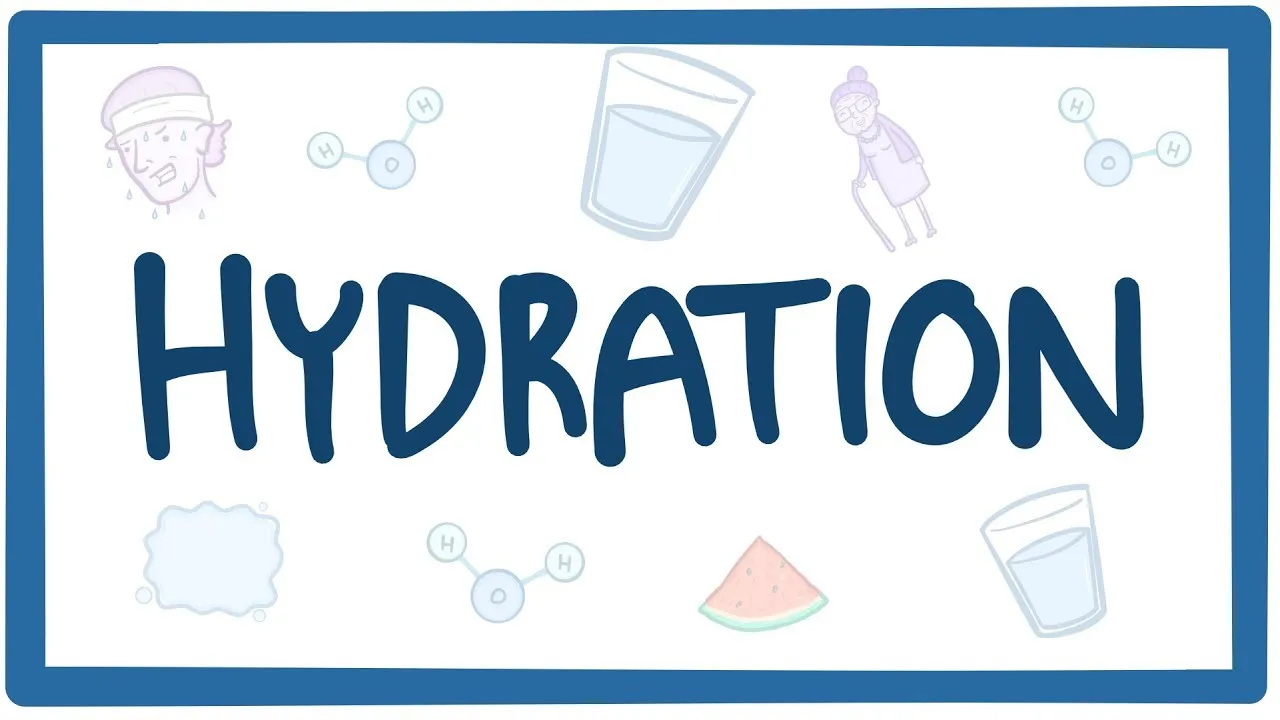Hydration & Balancing Electrolytes
by Ann Gilligan
I am sure most people have heard this recommendation: drink eight, 8 oz glasses of water per day. While it may be a convenient line to remember, unfortunately it will not leave you adequately hydrated. Additionally, your hydration needs are increased living in a hot, dry climate like Las Vegas and even higher if you are a runner or do any type of physical activity or manual labor for work.
Water
Water makes up the largest part of the human body. It can account for 45-75% of body weight depending on if you are male or female and your amount of lean muscle mass. It plays an important role in so many bodily functions including metabolism, transporting vitamins, removal of waste products, maintaining blood volume, and regulating body temperature. Inadequate hydration can lead to reduced athletic performance, GI issues, lower energy, cramping, delayed decision-making skills, and overheating. The Adequate Intake (AI) for total water per day is:
- Sedentary women --> L (91 oz or 11 cups)
- Sedentary men --> L (125 oz or 15 cups)
For reference if you were following the 8, 8 oz glasses/day rule you’d be at only 64 oz. With higher activity levels, health conditions, or medication, these recommended amounts can vary. Each person’s sweat rate during exercise will also vary depending on body size, intensity, genetics, etc. but regardless you have to replace fluids before, during, and after exercise. During exercise, generally you should drink enough to minimize loss of body weight; about ½ -1 cup every 15 min during activity. After activity you should replenish with 2 cup per pound of body weight lost.
A couple things to remember:
- If you are thirsty, you are already dehydrated.
- Other fluids (except alcohol) can count toward hydration, including tea, milk, 100% fruit juice, seltzer water, coffee, and high-water content foods such as fruit and vegetables, so count them in your total.
- A good rule of thumb if you have trouble tracking your liquids: your pee should be pale yellow/almost clear throughout the day! (However, keep in mind this will not help you once you start endurance exercise, so at that time it is important to be proactive about fluid intake.)
Electrolytes
When you exercise for long periods of time you are just not losing water when you sweat. You are losing electrolytes as well. These minerals play a vital role in balancing the water and pH of your blood. Sodium, calcium, potassium, chloride, and phosphorus are all electrolytes, with sodium as arguably the most important. An electrolyte imbalance frequently presents as muscle cramping. However, there is a far more dangerous, and actually life-threatening condition called hyponatremia that can result. Hyponatremia is caused by an imbalance between water and electrolytes in the body i.e. an increase in fluid without a corresponding increase in sodium. Exercise-induced hypothermia results when endurance athletes consume excessive amounts of water without replacing electrolytes. The symptoms of hyponatremia are quite similar to those of dehydration – nausea, headache, altered mental status, and seizures. Thus it can be even more dangerous because someone suffering from hyponatremia is often given water, which worsens the condition.
So, if you are planning a long run or hike this time of year, or for that matter a short run in the heat of the day, you need a) adequate water b) salty snacks and fruit, and/or hydration supplements such as pickle juice, Gu, Nuun, Huma, etc. or really anything that has sodium in it (and preferably also potassium, calcium, phosphorus and chloride).
********
Ann Gilligan
Hi all! I joined RRRC as a Running Consultant in November 2019 after moving to Las Vegas. I previously
worked in Washington, DC for six years as a government contractor but have since changed careers. I
am currently pursuing a M.S. in Nutrition Sciences - Coordinated Program in Dietetics to become a
Registered Dietitian. I competed in high school track and cross country and ran with a club team in
college. I also have experience with weightlifting as I been doing Crossfit in addition to running for six
years. I am passionate about sports nutrition and fueling our bodies properly to prevent injury and
maximize performance on the road, trails, or in the gym!
